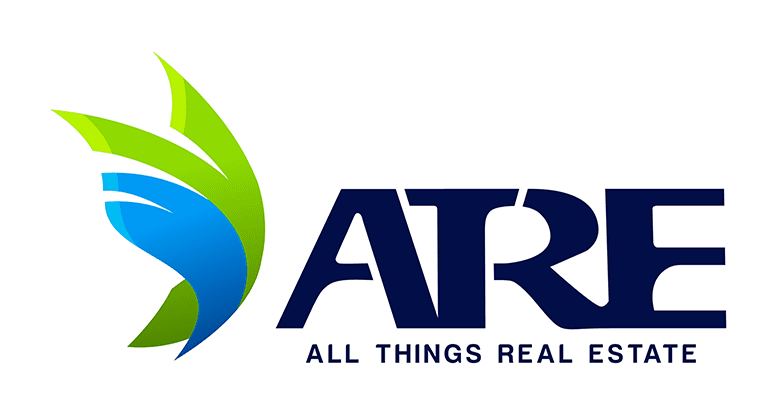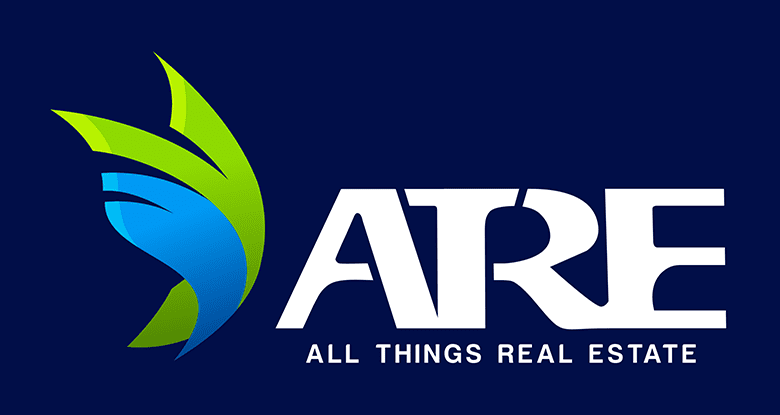Change to Treatment of Carried Interest Included in Proposed Inflation Reduction Act of 2022

Democrats have revived a historically hard-to-pass tax reform initiative that affects the commercial real estate industry as part of a new agreement on Capitol Hill worked out between Sens. Chuck Schumer of New York and West Virginia’s Joe Manchin.
Included in Schumer and Manchin’s proposal, called the Inflation Reduction Act of 2022, is broad language changing the tax law so that what’s referred to as carried interest is treated as ordinary income.
Carried interest is a favorite perk among property professionals in which general partners of private equity, venture capital and hedge funds take shares of profits as dealmakers, not investors. These rewards for good performance typically qualify for treatment as long-term capital gains taxed at a lower rate than ordinary income — 20% versus 37%.
A previous congressional proposal going back to the first half of 2021 called Build Back Better also tried to include a change to the tax treatment of carried interest. Manchin opposed that effort because of its $1.75 trillion price tag. That effectively killed the bill.
By comparison, the Inflation Reduction Act is pegged to cost about $433 billion. Manchin also supports other components of the legislation.
“Rather than risking more inflation with trillions in new spending, this bill will cut the inflation taxes Americans are paying, lower the cost of health insurance and prescription drugs, and ensure our country invests in the energy security and climate change solutions we need to remain a global superpower through innovation rather than elimination,” Manchin said in a statement.
Regarding carried interest, Manchin added, “Our tax code should not favor red state or blue state elites with loopholes like [capping state and local taxes] and should focus more on closing unfair loopholes like carried interest. Through the enforcement of a fair tax code, we can use the revenue to cut the deficit and lower the cost of healthcare for working families and small businesses.”
The real estate industry has long opposed treating carried interest as ordinary income.
In a statement earlier this year, Real Estate Roundtable, a nonprofit public policy organization based in Washington, said raising the tax on carried interest “would discourage individuals from pursuing their business vision, encourage debt rather than equity financing, tax sweat equity invested in businesses and slow economic growth.”
The group defended “sweat equity,” or the efforts of labor and time put in by nearly 8 million general partners in U.S. real estate ventures.
“They risk much,” Real Estate Roundtable said. “Their gain is never guaranteed. [Carried interest] is appropriately taxed today as a capital gain.”
The work partners do can include funding development costs and guaranteeing construction financing, all while potentially being exposed to potential litigation, according to the group.
Schumer and Manchin’s proposed legislation still faces an uncertain future as Sen. Kyrsten Sinema, a Democrat from Arizona, has previously opposed increasing taxes on carried interest capital gains, according to media reports.

